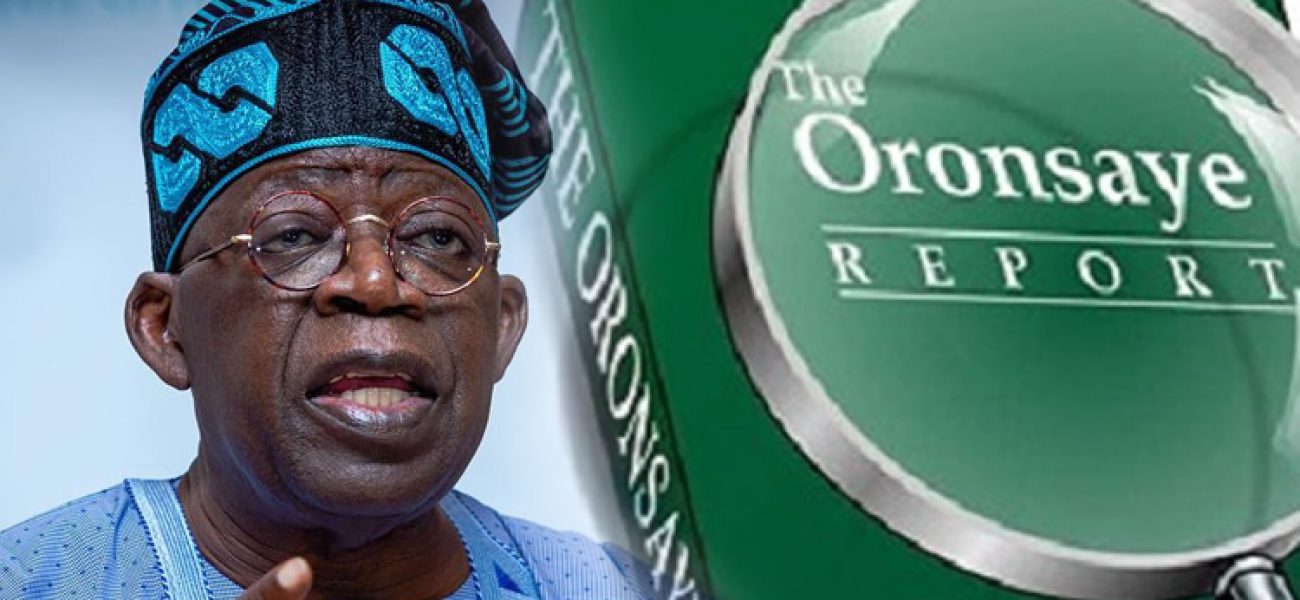President Bola Tinubu has issued a directive to implement the long held Stephen Oronsaye Committee Report on Restructuring and Rationalisation of Federal Government Parastatals, Commissions and Agencies popularly known as ‘Oronsaye Report’ in what he describes as his government’s move to cut the cost of governance.
The report which was first issued in 2012, seeks to rationalise and reduce the numbers of departments and agencies of government.
The Federal Executive Council approved the full implementation of the Oronsaye Report on February 26, 2024. The Secretary to the Government of the Federation, George Akume, went on to inaugurate an 8-member Committee on March 7, saddled with the responsibility of implementing recommendations in the report within 12 weeks.
According to a list released by the Senior Special Assistant to the President on Print Media, Abdulaziz Abdulaziz, the list of agencies, commissions and parastatals affected by the decision of the Federal Executive Council indicate two institutions for scrapping, 15 for merging, nine to be subsumed and four to be relocated.
It is important to note that some of the agencies of government recommended for merger are agencies established by law and will require legislative action for the merger to gain legal support.
For several years, Nigerians called for the Oronsaye Report to be implemented. Rather than do this, the government continued to expand; new agencies were created and existing agencies were stuffed with huge staff numbers, several of them being family, relations and friends of government officials.
Although the government has explained that the implementation of the Oronsaye report may not necessarily result in job loss, it is unclear how this can be implemented to achieve the objective of the Report. The whole idea of setting up the Oronsaye Committee was to shrink agencies, reduce overstaffing and make the agencies nimble and effective.
Simply merging existing organisiations, redesignating them under an umbrella name and allowing functioning of bloated agencies certainly defeats the purpose of the Oronsaye Report. Yet, the crisis of the present time, the huge unemployment, the severe economic challenges in the country make the implementation of the Oronsaye Report a risky political and economic decision.

